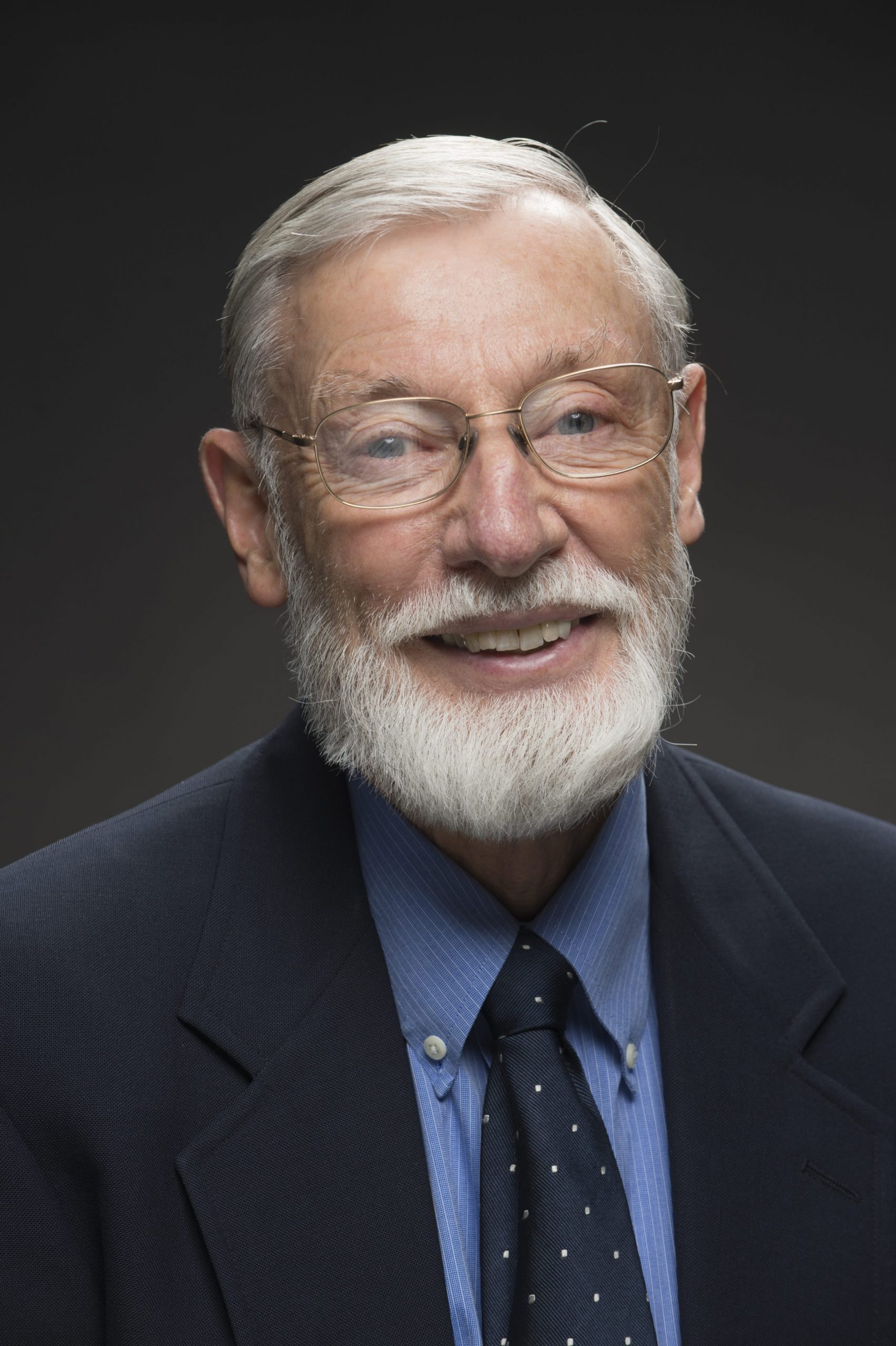In memoriam: Gene Fisk, 1936-2022

Gene Fisk. Photo: Reidar Hahn
We are saddened to bring the news of Gene Fisk’s death on Jan. 10, 2022, in Philadelphia where he had been living with his wife Jeanie. Although Gene retired in 2011, he continued to be active in DZero.
Gene was a primary mover in making DZero a reality. His long interest in electroweak physics led him to join the nascent experiment in the mid-1980s, and he rapidly assumed the role of chief negotiator for resources from Fermilab and the leadership of the Fermilab DZero Department.
He was an eloquent champion of the need for two complementary experiments to extend and confirm new results at the boundaries of particle physics. From 1988 to the early ’90s, he served as deputy spokesperson. Gene played a central role in shaping the DZero upgraded detector for Run II and spearheaded the effort to add the superconducting solenoid magnet, leading its calibration and installation. He helped lead the often-arduous charge to gain approval for the upgrade, even before the experiment started to take data in Run I.
Gene’s interests in the physics program of the experiment were broad. His personal contributions included the measurement of vector boson cross sections, Bs mixing, and leadership of the editorial board overseeing heavy flavor analyses in Run II.
Gene was an exceptional mentor of young physicists, and he was often the calming presence needed to sooth the spirits of colleagues who had become overheated. He was particularly supportive of students and colleagues from Latin America. In recognition of this, in 2013, he was awarded the Medal of the Mexican Division of Particles and Fields.
Prior to joining DZero, Gene made seminal contributions to the production of the superconducting quadrupoles for the Tevatron, to measurements of deep inelastic scattering of neutrinos on nuclei at Fermilab, and on K decay studies at the Rutherford Laboratory in England.


